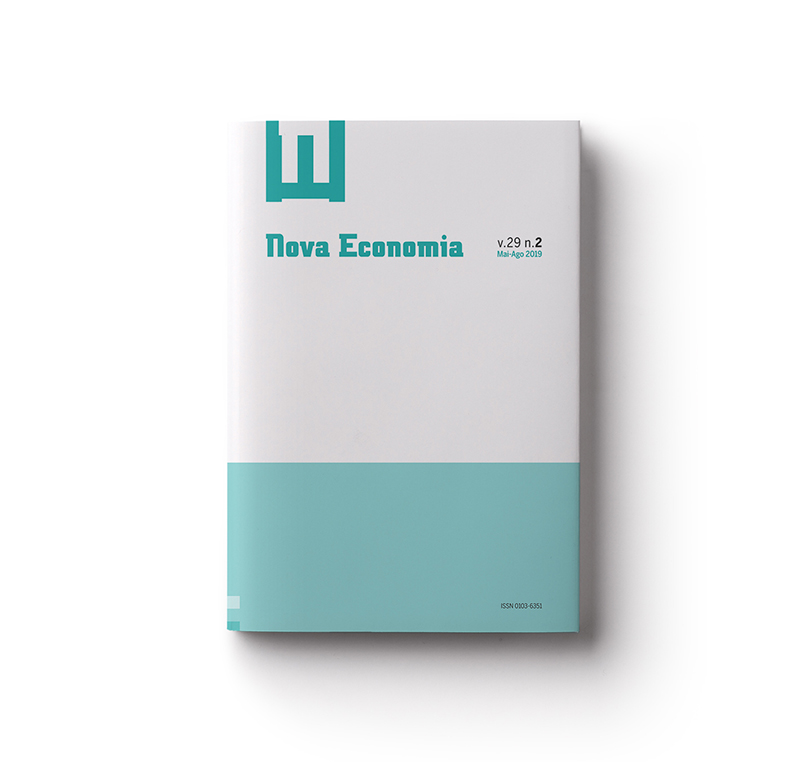Public higher education in Brazil: costs, benefits and distributive effects
Abstract
This paper addresses one aspect of equity: income, associated with the access to and funding of public universities in Brazil. As in other countries, the usual perception is that Brazilian public universities are free and attended mainly by high income students. In line with Barbaro (2005), considering the main public spending with higher education and the related tax costs, we estimate a net benefit by income decile. We observe for Brazil a net transfer of the richest 20% to the rest of the population and a concentration of net benefit in the 4th to the 7th decile range of per capita household income. Therefore, considering only the public budget for higher education, this net transfer would not reach the poorest 30% of the population, but it would still mitigate the significant inequality of Brazilian income.
Keywords higher education; income equity; public spending
Downloads
Published
How to Cite
Issue
Section
License
Authors who publish with this journal agree to the following terms:
- Authors retain copyright and grant the journal right of first publication with the work simultaneously licensed under a Creative Commons Attribution 4.0 International License that allows others to share the work with an acknowledgement of the work's authorship and initial publication in this journal.
- Authors are able to enter into separate, additional contractual arrangements for the non-exclusive distribution of the journal's published version of the work (e.g., post it to an institutional repository or publish it in a book), with an acknowledgement of its initial publication in this journal.
- Authors are permitted and encouraged to post their work online (e.g., in institutional repositories or on their website) prior to and during the submission process, as it can lead to productive exchanges, as well as earlier and greater citation of published work (See The Effect of Open Access).




